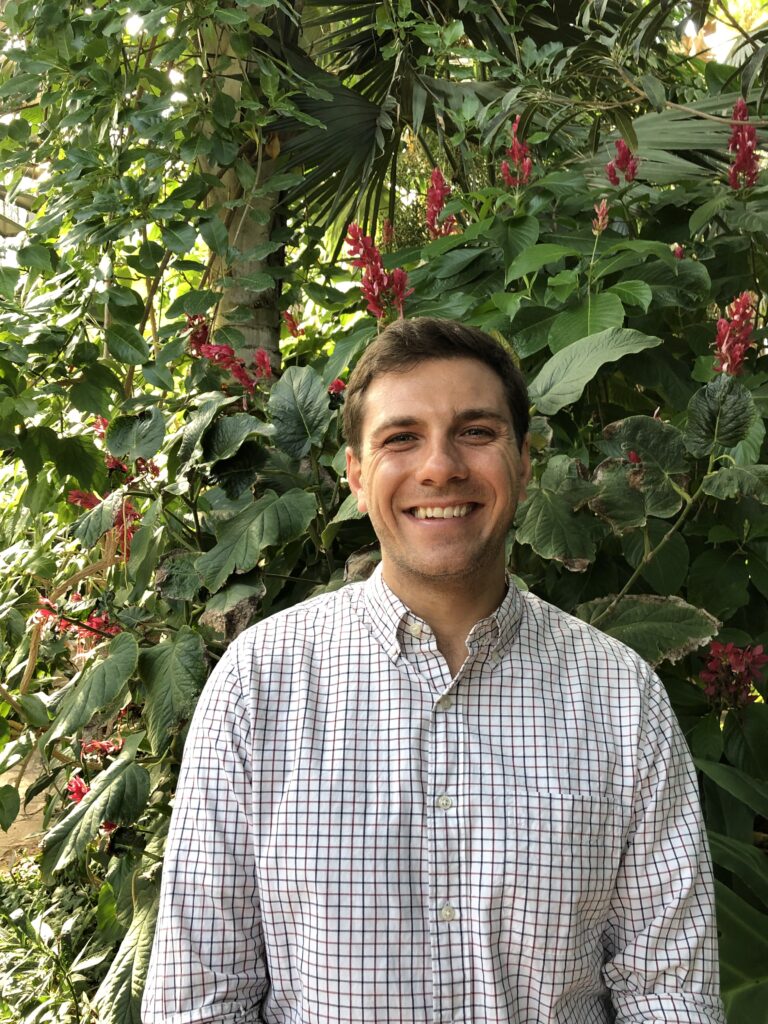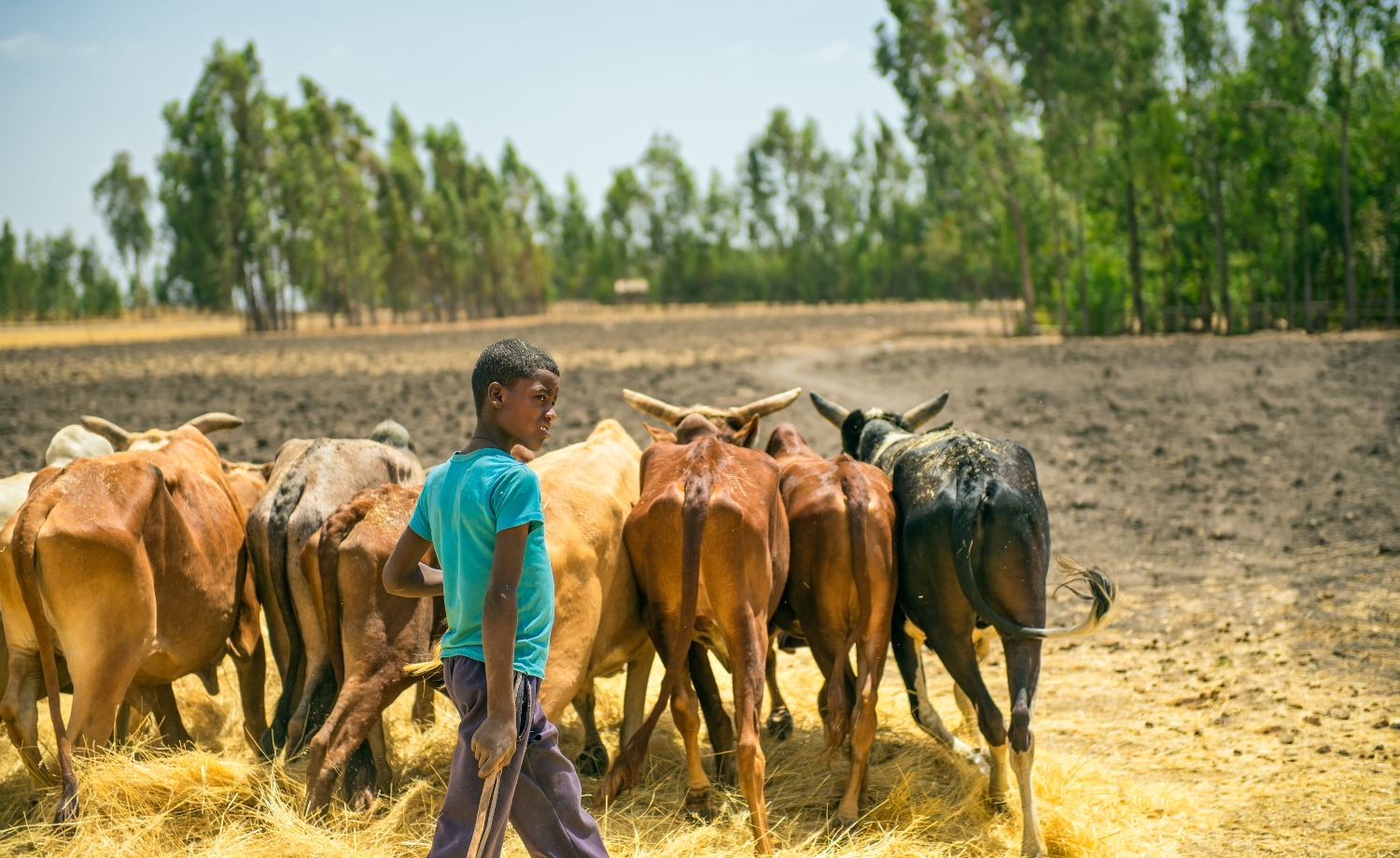In his MSc thesis, Halpern looked at optimizing circular food systems while taking future climate change effects into account. ‘I am honoured with the prize and the recognition of the importance of this work.’
‘I started with an established circular food systems model and applied it to the Amhara region in Ethiopia’, says Halpern. ‘This was to look at how much cattle can you produce when you only use food waste, food by-products, like from turning grain into flour, or grazable biomass like grass. This way, you can see what is the best potential circular food system right now. However, with my thesis, I wanted to explore how these outcomes would change in the future when you take climate change effects into account. So, I took the static circular food systems model and combined it with a systems dynamic model to reflect future climate change-related impacts in the next twenty years, like droughts, locust and land-use change.’
Proof of concept

Halpern’s study indicates that while milk-oriented cattle populations provide more nutrients and profit at a lower environmental cost, they are more vulnerable to climate change impacts compared to beef-oriented populations. On the other hand, while less vulnerable to climate change impacts, the beef-oriented populations have lower production outputs.
‘The aim of the thesis was not to come up with a particular policy’, says Halpern. ‘It is more a proof of concept: as we do circular food systems modelling, these kinds of models can provide insights into how systems will respond in the future to, in this case, climate change.’
New insights
Associate professor Hannah van Zanten (Farming Systems Ecology) was Halpern’s supervisor. ‘Halpern explored which new insights can be gained by coupling two unique models to combat climate change and nutrient deficiencies in Ethiopia. This modelling set-up has a large potential for future use in research and public policy.’
Halpern recently completed his MSc of Organic Agriculture at WUR and an MSc of Agroecology from ISARA-Lyon. He will continue his research on modelling the economic underpinnings of circular agriculture as a PhD student at the Farming Systems Ecology group at WUR.
The Unilever Research Prize is granted each year to the top Master’s students of each Dutch university doing research relevant to the SDG goals.

 Cows in Ethiopia. Photo Shutterstock
Cows in Ethiopia. Photo Shutterstock 

